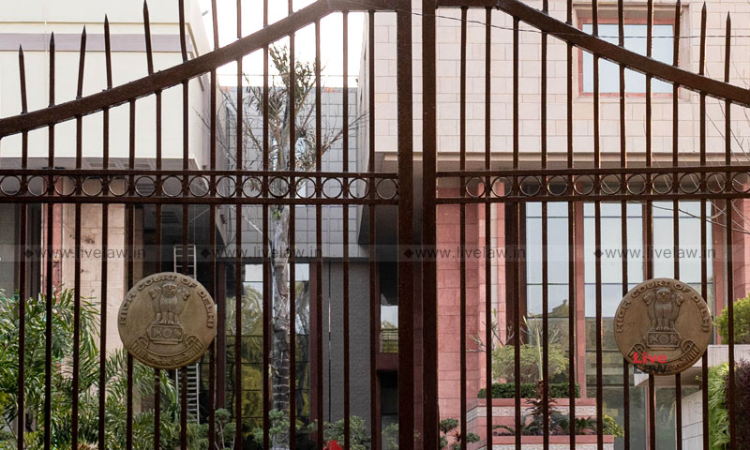The Delhi High Court on Wednesday made it clear that a common order for summoning Respondents, in different cases filed by a common Petitioner, cannot be passed when the Respondent parties are unrelated.A Single Bench of Justice Anu Malhotra quashed a common summoning order passed by the Metropolitan Magistrate in three cases, cases wherein the Complainant i.e., Kanika Investments Ltd....

